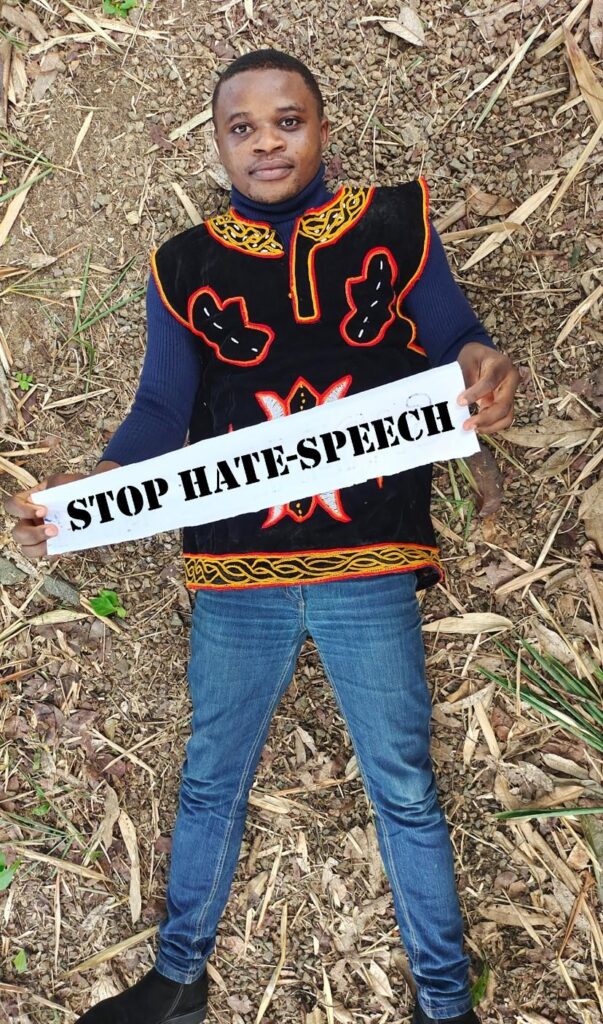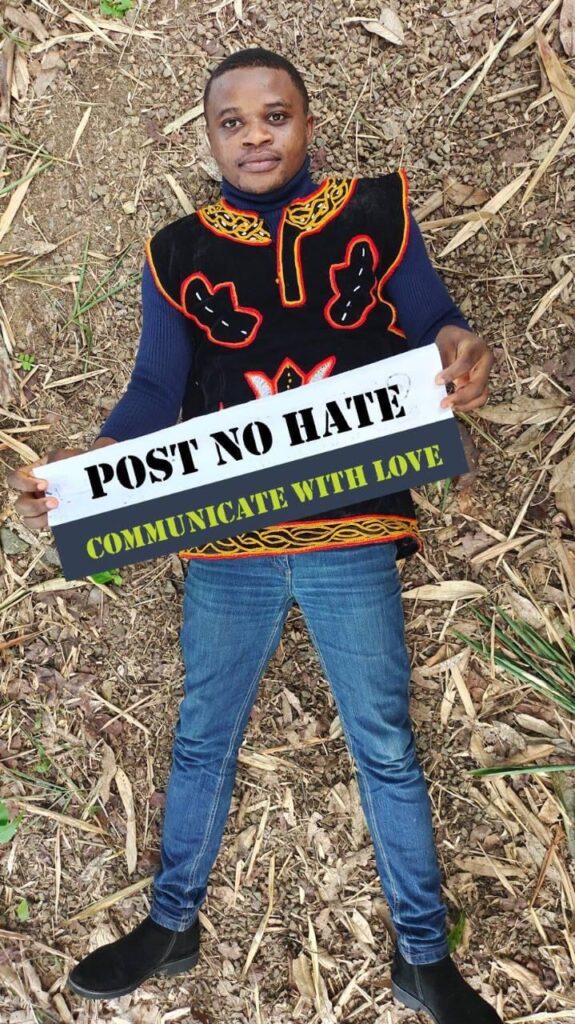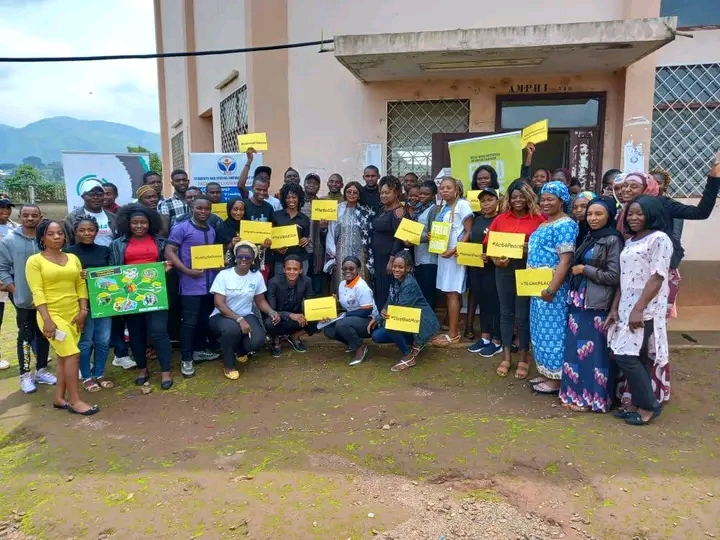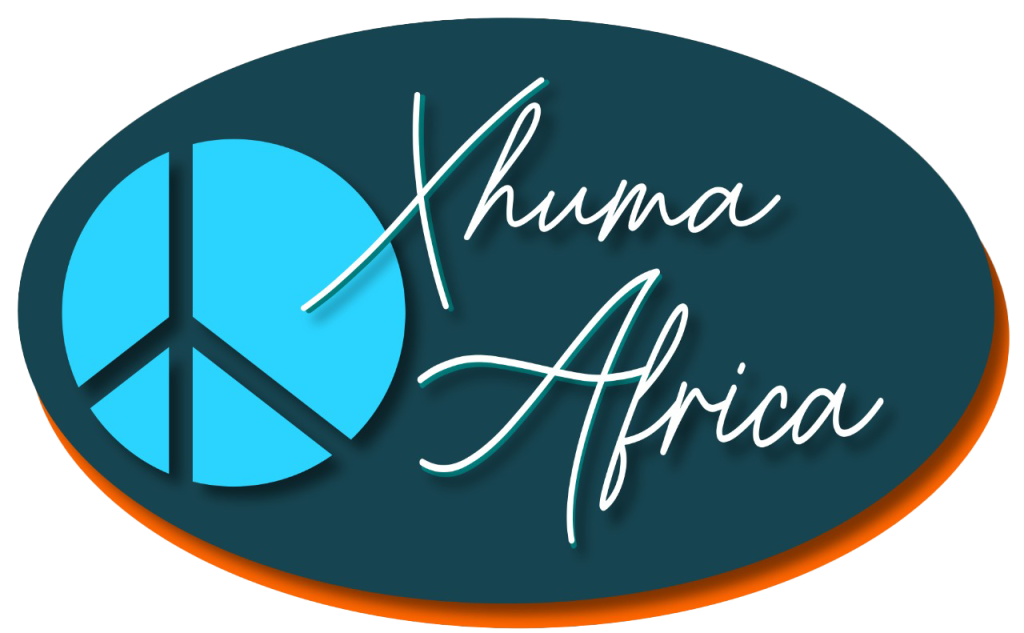
The Problem of Hate speech
According to the European Commission against Racism and Intolerance {ECRI} Hate speech covers many forms of expressions which advocate, incite, promote or justify hatred, violence and discrimination against a person or group of persons for a variety of reasons. It poses grave dangers for the cohesion of a democratic society, the protection of human rights and the rule of law. If left unaddressed, it can lead to acts of violence and conflict on a wider scale. In this sense hate speech is an extreme form of intolerance which contributes to hate crime.
Some root causes of hate speech in Cameroon include intolerance between political actors, differences in religious ideologies and rivalry ethnic/cultural values. Hate speech appears on digital space in the forms of propaganda, fake news, disinformation, misinformation, threats, impersonation, abuses, incitement to violence, pictures, videos and audios that foster a climate of prejudice and intolerance. These kinds of communications fuel discrimination, hostility and violent attacks.

Training of Peace Weavers in the University of Bamenda
Xhuma Africa is committed in contributing in the fight against digital harm. This is because there is a connection between digital safety and the psychological wellbeing of users of digital spaces. Hate speech is a remote cause for the escalation of violence in major conflicts across Africa. The social media is used by parties in conflicts to further radicalize the minds of youth. Considering the fact that youths across the University of Bamenda are facing similar challenges in the context of the Anglophone crisis, Xhuma Africa is implementing a project on the training of trainers in combating hate speech (peace weavers training). With funding from defy-hate, the training consist of capacity building workshops as pass it on activities. During the training of peace weavers, Laure, a worker for defy-hate made a Presentation titled “Social Media Code of Conduct” drowned from the #FieldGuideCameroon. Her presentation focused on how young people can make good use of the social media to impact their communities. She also described to participants best practices in carrying out restitution activities reaching out to 5-10 people in their community.
Abdul Aziz Adamu, a social change maker also presented on the pyramid of Hate. He demonstrated to participants how hate speech originate, manifest and spread online and offline with damaging consequences on the society if poorly managed.
Nai Vonna presented on Social Media Verification drawing from her journalistic background, she drilled participants on how to investigate or fact check information on the social media before sharing.
The last presentation of the day came from Bahiru Adamu who engaged the youth on how young people can combat hate speech in their communities and become peace weavers. He called on them to come together and serve as Youth Ambassadors for Peace in all their circles.
During closing remarks, the delegate for the Ministry of Youth Affairs and Civic Education in Cameroon, Tubah subdivision said as young people, we have the responsibility to contribute to the well-being of society so as to exercise our rights, duties and responsibilities. Combating hate speech means working for peaceful coexistence which contributes to societal peace. She encouraged participants to remain patriotic, peaceful and loyal to Republican institutions.
At the end of the training, participants attest that their expectations have been achieved and they pledge to abide by the values of the training and to restitute the experience with peers so as to be eligible for the second session of the training expected to hold in December 2022. The event was characterized by the sharing of ideas, networking and collaboration amongst participants.

Family Picture of peace weavers

